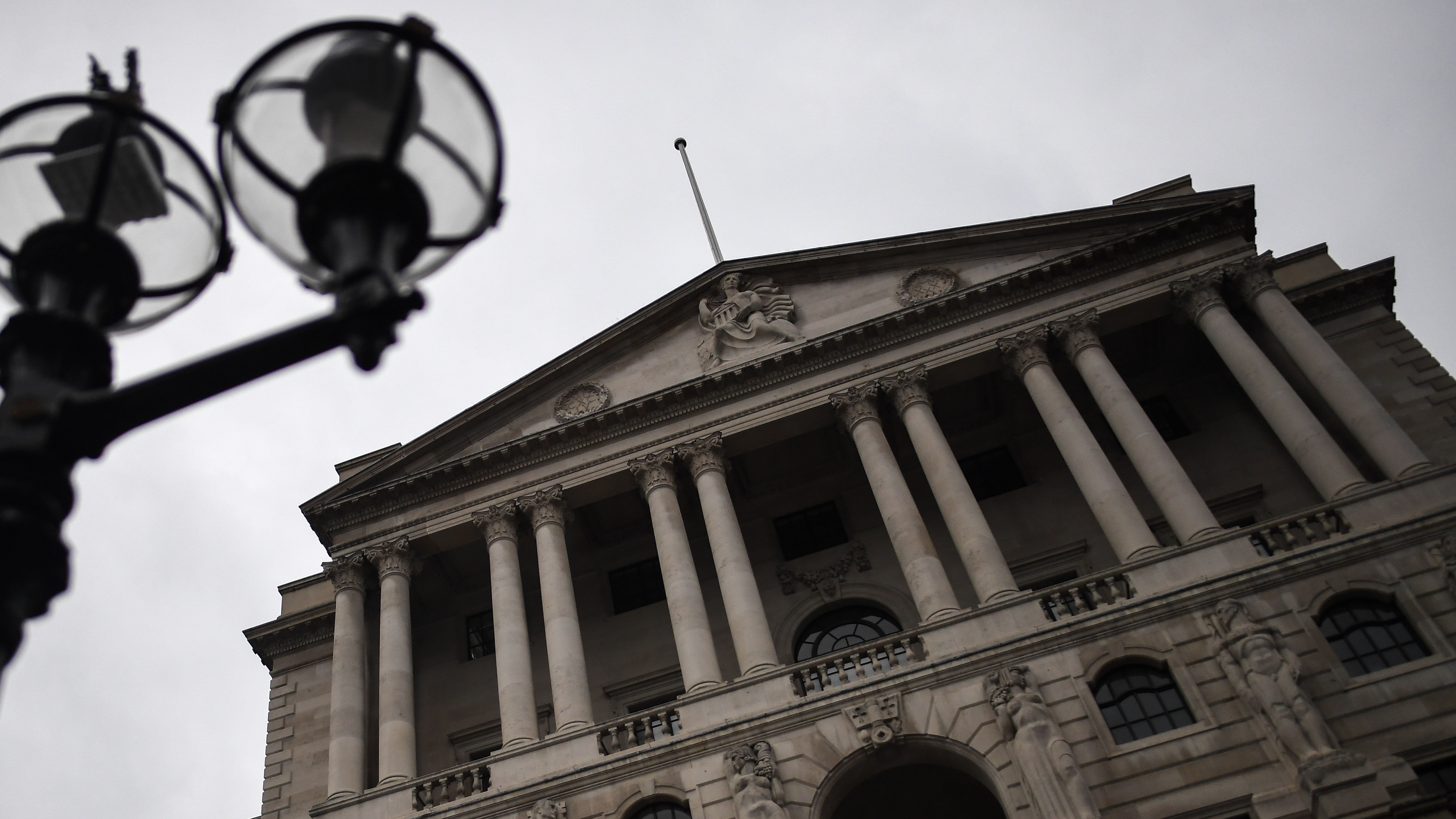Should pension freedoms be reversed?
Report says pensioners should be forced to use some of their pot to provide an income

A free daily email with the biggest news stories of the day – and the best features from TheWeek.com
You are now subscribed
Your newsletter sign-up was successful
Laws introduced six months ago to give savers free access to their retirement funds from the age of 55 should be at least partially reversed, according to a new report.
In the latest global rankings of international pension regimes, compiled bi-annually by consultancy Mercer, the UK's score has fallen from 67.6 out of 100 to 65.0. The Daily Telegraph says this means "it just managed to hold on to its 'B' grade", which indicates "a sound structure, with many good features but some areas for improvement".
One suggestion proposed by the report's authors was to restore "the requirement to take part of retirement savings as an income stream". Mercer had previously praised the UK's insistence that three quarters of savingshad to be used for providing an income, with the remainder available as a tax-free lump sum.
The Week
Escape your echo chamber. Get the facts behind the news, plus analysis from multiple perspectives.

Sign up for The Week's Free Newsletters
From our morning news briefing to a weekly Good News Newsletter, get the best of The Week delivered directly to your inbox.
From our morning news briefing to a weekly Good News Newsletter, get the best of The Week delivered directly to your inbox.
The system had become increasingly unpopular with savers, however, and savings rates were in decline. Annuities – the default option for most – have been offering poor returns for years. The financial regulator has previously criticised the market, which it branded "disorderly".
Under the new system, when a saver reaches the age of 55, he or she can access the entire fund, either as a cash lump sum or through 'income drawdown', which effectively turns a pension pot into a bank account. However, three-quarters of the fund is liable to income tax, and those who access their fund can make reduced tax-free contributions in the future.
Evidence from the first three months of the reforms, compiled by the Association of British Insurers, which represents most pension funds, revealed that £2.5bn had been taken out under the new rules. Around £2bn of this went to people under the age of 65, The Guardian says, while in most lump sum withdrawals the whole pot was taken out.
Typically, those who have withdrawn funds so far have had very small pension pots. Total funds withdrawn account for around one per cent of all pension savings.
A free daily email with the biggest news stories of the day – and the best features from TheWeek.com
-
 How the FCC’s ‘equal time’ rule works
How the FCC’s ‘equal time’ rule worksIn the Spotlight The law is at the heart of the Colbert-CBS conflict
-
 What is the endgame in the DHS shutdown?
What is the endgame in the DHS shutdown?Today’s Big Question Democrats want to rein in ICE’s immigration crackdown
-
 ‘Poor time management isn’t just an inconvenience’
‘Poor time management isn’t just an inconvenience’Instant Opinion Opinion, comment and editorials of the day
-
 Six ways to boost your finances in 2026
Six ways to boost your finances in 2026The Explainer It’s not too late to make a new year’s resolution to finally get organised money-wise
-
 The financial impact of returning to work in later life – should you 'unretire'?
The financial impact of returning to work in later life – should you 'unretire'?The Explainer Many people return to the workplace after retirement age, but what could it mean for your finances?
-
 State pension underpayments: are you getting the right amount?
State pension underpayments: are you getting the right amount?feature Hundreds of thousands of women may have received less than they were owed
-
 Early retirement: what is the ‘FIRE’ movement?
Early retirement: what is the ‘FIRE’ movement?feature Younger workers are aiming to quit the workforce early through extreme saving and investment
-
 How women can bridge the gender pension gap
How women can bridge the gender pension gapIn Depth New figures have shown the extent of the problem for women in retirement years
-
 How to plug the pension gap by buying National Insurance credits
How to plug the pension gap by buying National Insurance creditsfeature A temporary change in the state pension offers a ‘golden opportunity’
-
 Are UK pensions safe?
Are UK pensions safe?Today's Big Question Bank of England governor says its debt market support must end – but the multi-billion-pound scheme could be extended
-
 Pensions: time to end the triple lock?
Pensions: time to end the triple lock?In the Spotlight Ministers must decide whether to risk alienating older voters by ending guaranteed pension rises